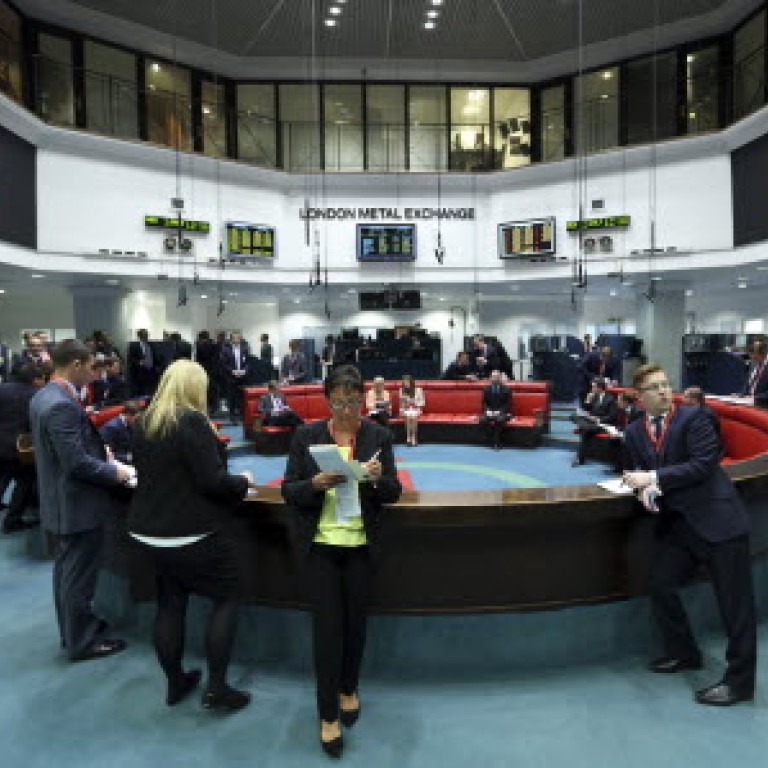
LME may find it tough trading agricultural futures
The mainland already has exchanges offering such products, why would it need another one?
London Metal Exchange faces an uphill battle with its planned introduction of agricultural commodities, with mainland traders and farmers unlikely to pay much attention.
The world's largest base metal exchange's incoming chief executive, Garry Jones, a former head of US commodities exchange NYSE Liffe, has said he will consider introducing agricultural commodities and currency products.
That fits in with his 30 years of experience in trading soft and agricultural commodities.
Jones, who will take up his position at the end of the month, said LME's current technology and clearing system meant it would not be that hard to launch new products.
HKEx is looking for new sources of income [but] agricultural futures may not be the answer
From the technological point of view, that's true. But does LME or its parent company Hong Kong Exchanges and Clearing have the required talent in agricultural futures trading? It's a question that led to raised eyebrows in Beijing at the planned move.
In terms of commodities futures, the mainland is more advanced. It has three such futures exchanges, in Shanghai, Zhengzhou and Dalian.
Both Zhengzhou and Dalian have traded a large number of agricultural commodities, from sugar, cotton, rice and corn to palm oil. Shanghai has dealt in products including gold, silver, copper and rubber.
With the mainland already seeing active trade on its own exchanges, why would it want or need London or Hong Kong to offer commodities futures when neither LME nor HKEx have a track record.
If HKEx or LME wants to trade agricultural futures, they should consider recruiting talent from the mainland. Futures traders and brokers there have a much better idea of the factors that can affect harvests, and hence the prices of rice, soya beans or sugar.
HKEx, traditionally strong in stock and financial futures, dabbled in gold futures but struggled in generating interest. To expand into commodities, it bought LME for £1.39 billion (HK$16.7 billion) in December last year.
LME, established 136 years ago, is the world's largest metals exchange, trading a wide range of commodities, including copper, aluminium and lead. Contract turnover last year was US$14.5 trillion.
LME has no doubt helped HKEx diversify into metal futures but it has little history when it comes to agricultural commodities.
Its traders and brokers are experts in metal futures, not agricultural products, and it is doubtful they would eagerly embrace the new business line.
Some mainland brokers said they would prefer trading on the Chicago-based CME because of its agricultural products. CME has an established history in agricultural futures that new players like LME or HKEx would find hard to compete with.
With lower stock market turnover and fewer new listings, one can understand why HKEx is looking for new sources of income.
However, agricultural futures may not be the answer.

